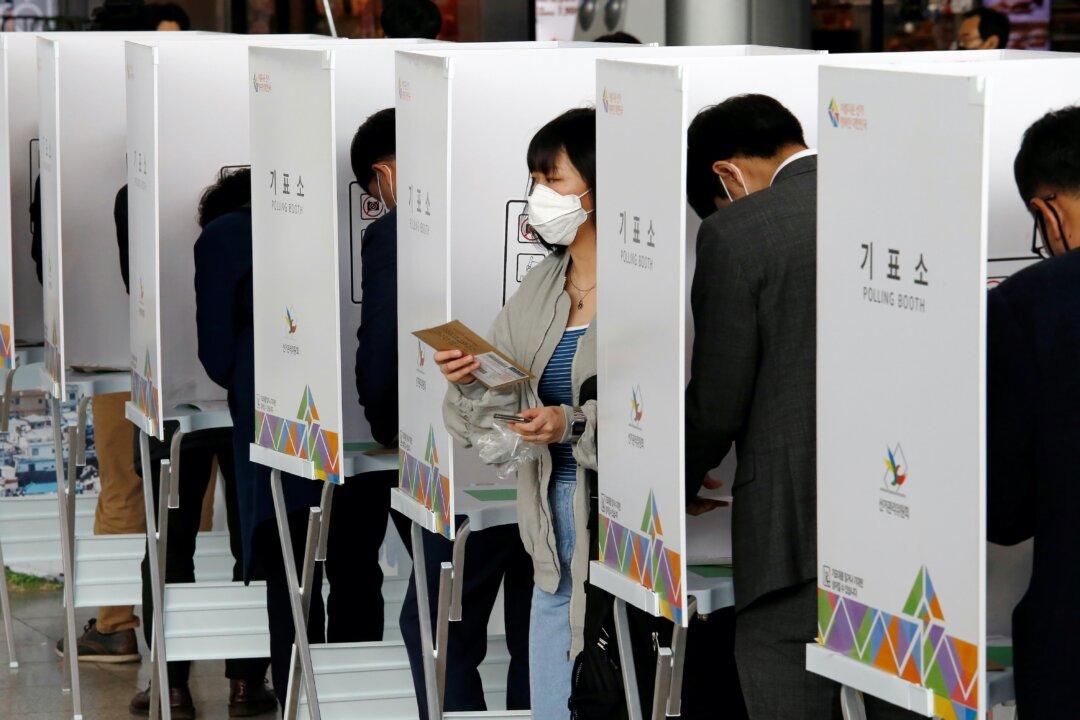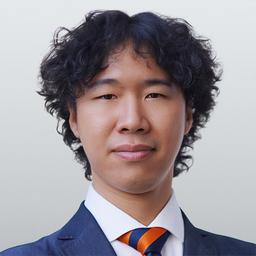As the 2024 South Korean legislative election nears, a South Korean study shows that the Chinese Communist Party (CCP) has been attempting to divide public opinion by spreading disinformation on social media in the country.
South Korea’s daily newspaper Hankook Ilbo reported on Dec. 22 that the CCP has organized an influence campaign on South Korea’s largest web portal Naver. Within three months, at least more than 30,000 comments were left by China-based fake accounts to divide public opinion and to influence the Korean people. The CCP is infiltrating South Korea’s online platforms, and the country’s National Intelligence Service also recognizes the seriousness of the problem and is closely monitoring the situation.






